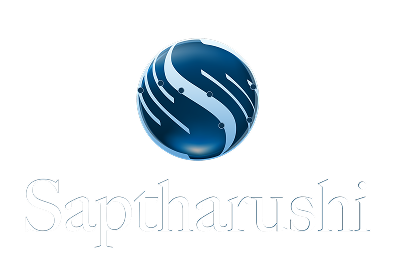As AI transforms decision-making, content creation, and audience engagement, agencies must evolve from execution partners into strategic advisors—guiding brands toward more effective, data-driven business decisions. The future of agencies isn’t just about campaign optimization—it’s about teaching brands to ask the right questions that unlock AI-powered insights and next-generation customer interactions.
For brands, agencies, and investors, the ability to frame the right questions will differentiate market leaders from laggards, driving competitive advantage, consumer trust, and AI-driven personalization.
The Shift: Why Agencies Must Evolve Beyond Execution
Agencies traditionally focused on media buying, creative development, and audience targeting. While these functions remain critical, AI now enables automation in every aspect of marketing, from programmatic ad optimization to predictive analytics.
As AI takes over execution-heavy tasks, the value agencies provide must shift toward insight generation, strategic framing, and AI-assisted decision-making—helping brands navigate the complexity of AI-driven data rather than simply reacting to it.
Key Areas Where AI Is Changing Agency Roles
1. AI-Driven Consumer Intelligence & Predictive Insights
Agencies must guide brands in interpreting AI-generated behavioral insights, ensuring that data-driven strategies align with human psychology, cultural shifts, and brand positioning.
2. Asking Better Questions to Unlock AI’s Potential
Instead of simply asking AI “How do we optimize ad spend?”, agencies must help brands ask deeper, strategic questions, such as:
- “What are the emotional triggers driving purchase intent?”
- “How can AI help brands build long-term consumer loyalty beyond transactions?”
- “Which emerging channels will define audience engagement in five years?”
AI can generate answers, but agencies must frame the right prompts to maximize business impact.
3. Personalization Without Losing Brand Identity
Hyper-personalization powered by AI can lead to over-segmentation, creating fragmented experiences. Agencies must ensure AI-powered personalization aligns with brand voice, storytelling, and authenticity, rather than just data-based micro-targeting.
4. AI-Governed Media Buying & Ethical Considerations
Agencies must navigate AI-driven ad bidding strategies, ensuring compliance with privacy laws, ethical content recommendations, and non-discriminatory targeting models—creating campaigns that optimize engagement while maintaining integrity.
5. Trust, Transparency, and Ethical AI Leadership
As AI disrupts traditional workflows, agencies must advocate for transparent AI usage, algorithm accountability, and ethical data practices, helping brands navigate regulatory challenges and build consumer trust.
Investor Perspective: Why This Matters for the Future of Agencies
For investors, AI-powered agencies represent a strategic investment in the evolution of marketing intelligence. The most successful agencies will not just be media buyers or creative consultants—they will be AI-assisted decision architects, shaping how businesses interpret data, apply AI models, and predict future consumer behaviors.
Final Thought: Will You Lead the Next Era of AI-Assisted Strategy?
Agencies that pivot toward AI-powered strategic consulting—helping brands ask the right questions, unlock actionable insights, and maintain ethical AI governance—will define the next generation of marketing success.
Is your organization ready for this shift?
